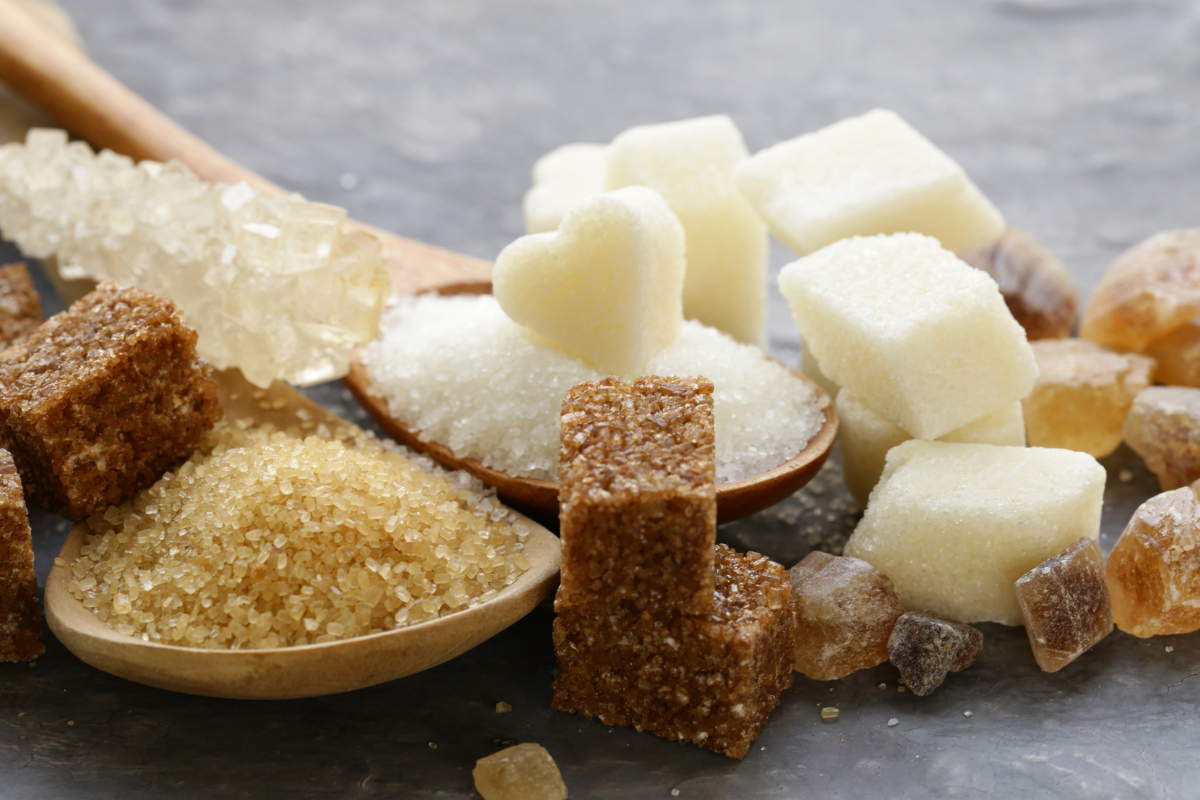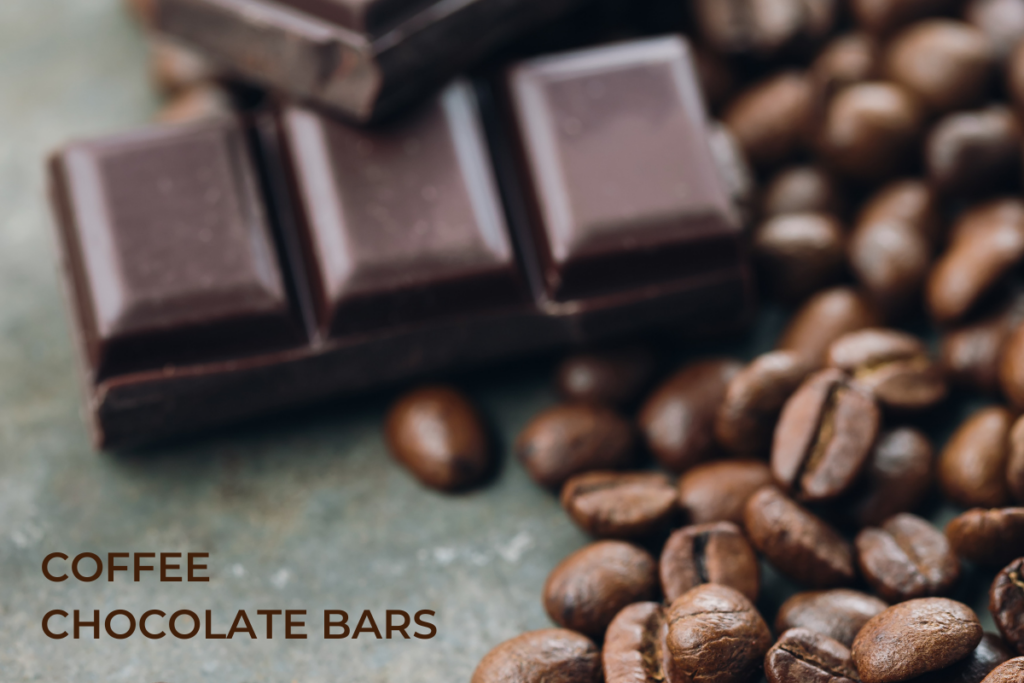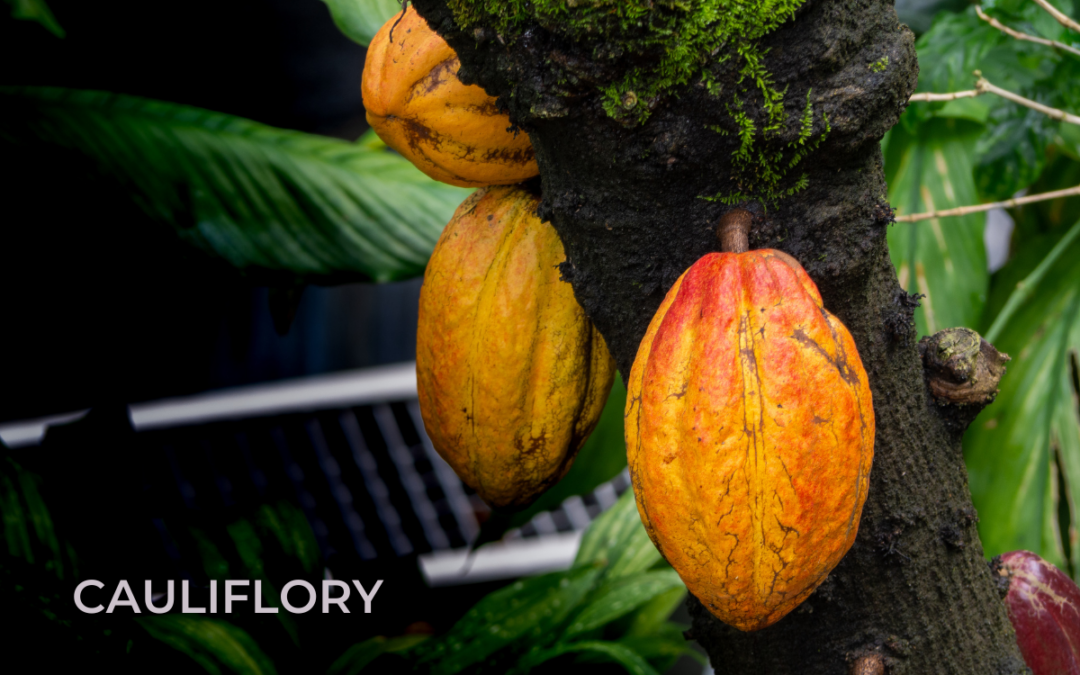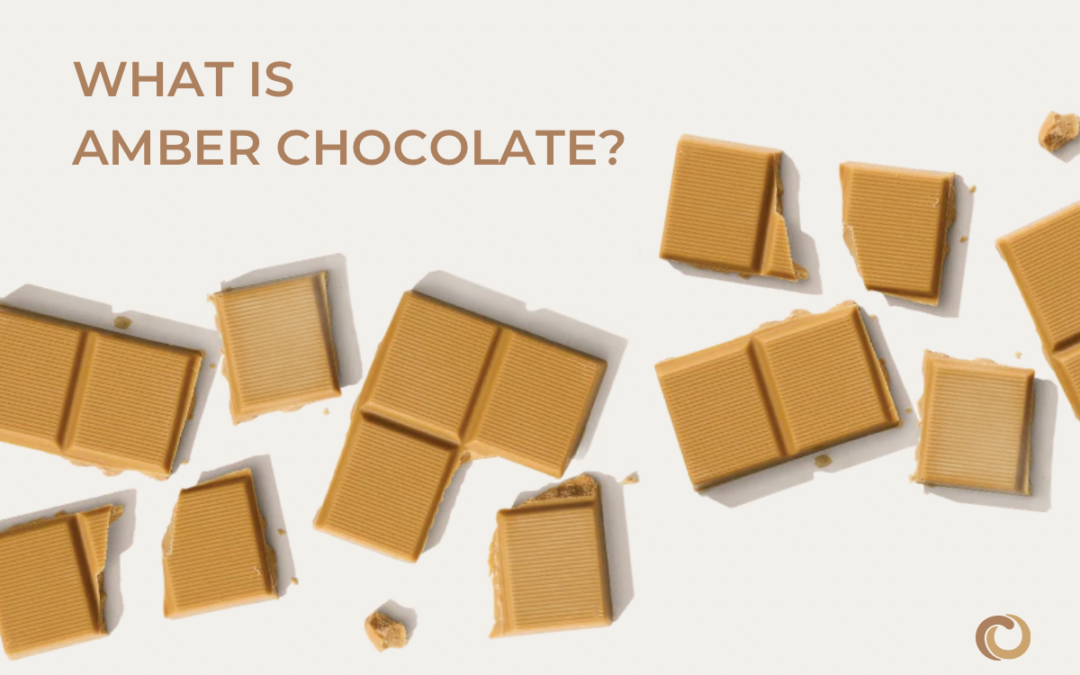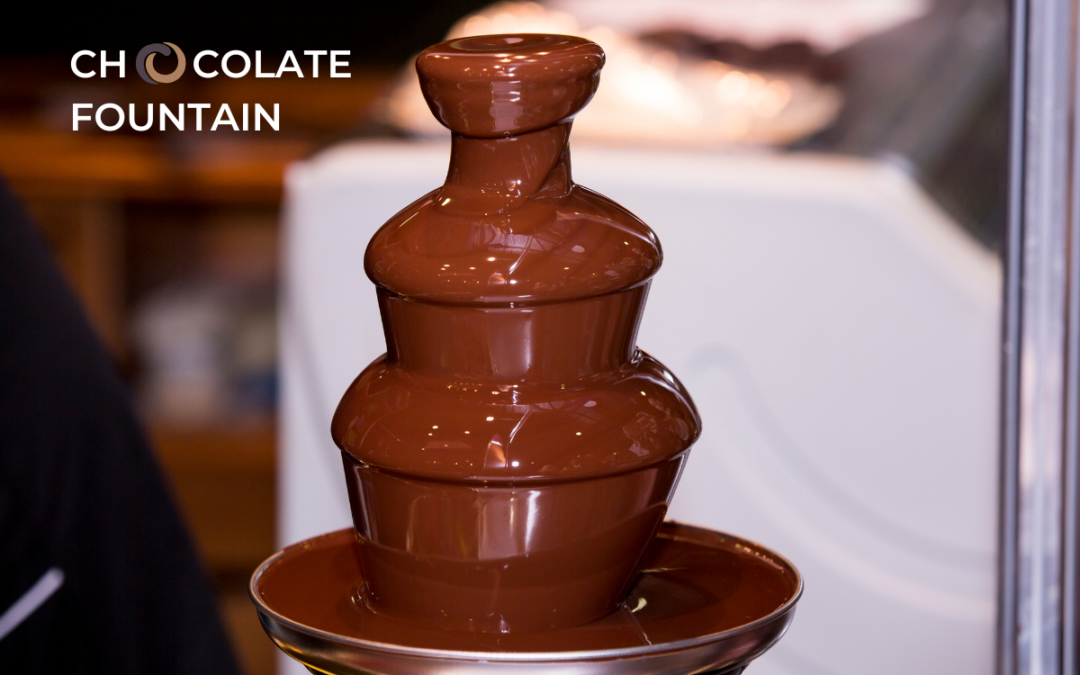If you’re a chocolate lover looking for ways to reduce the refined sugar in your diet, you’ve come to the right place! In this blog post, we explore some of the natural alternatives to refined sugar that can satisfy your sweet tooth without compromising your favorite chocolate flavor.
It’s well known that too much sugar is bad for you. Thankfully, there are natural alternatives to refined sugar that can be used in chocolate to provide a more healthy and guilt-free indulgence.
What is refined sugar and why is it considered bad for you?
Refined sugar, commonly known as table sugar or white sugar, is a common form of sugar that has been processed to remove impurities and molasses. Also known by its chemical name sucrose, it is a disaccharide, composed of the monosaccharides glucose and fructose. It is derived primarily from sugar cane or sugar beets. A small amount of refined sugar can be part of a balanced diet, but excessive consumption of refined sugar can have negative effects on health.
High-calorie foods are often considered unhealthy because they are high in fats, carbohydrates and/or proteins. They provide “empty calories” because they lack essential nutrients such as vitamins, minerals and fiber which our bodies need for a healthy diet. Sugar is also a primary contributor to tooth decay and cavities. Bacteria in the mouth feed on sugar, producing acid that attacks tooth enamel. Some studies have also suggested that excessive sugar intake may promote chronic inflammation in the body.
To maintain a balanced diet, it is suggested to limit your intake of foods and beverages high in added sugars, opting instead for whole, unprocessed foods whenever possible. By moderating your consumption of refined sugar and making smart choices, you can reduce the negative impact of sugar on your health.
How much sugar does chocolate have?
The sugar content in chocolate varies depending on the type of chocolate, its ingredients and its percentage of cocoa solids. Dark chocolate typically contains less sugar than milk chocolate. The percentage of cocoa in dark chocolate can range from 70% and higher, and the rest is typically sugar. The sugar content of dark chocolate can vary between 1% to 50% or more, depending on the brand and specific product. Always check the nutritional label to be sure. Milk chocolate generally has a higher sugar content compared to dark chocolate. It contains a significant amount of sugar along with cocoa solids and milk powder. The sugar content in milk chocolate can range from 40% to 60% or more. White chocolate is made from cocoa butter, sugar, and milk solids but lacks cocoa solids; therefore it tends to have the highest sugar content among the different types of chocolate with 50-60% being typical.
What are some good natural sugar alternatives for chocolate?
There are several natural sugar substitutes that can be used in place of sugar in chocolate recipes:
- Stevia is a natural, zero-calorie sweetener extracted from the leaves of the Stevia Rebaudiana plant. It is much sweeter than sugar so only a small amount is needed. It can be used as a liquid or as powdered stevia in chocolate recipes.
- Monk fruit extract is derived from the sweet-tasting monk fruit, also known as lo han guo. It has a slightly fruity taste and can be used to replace sugar in chocolate recipes. Like stevia, monk fruit extract is highly concentrated, so a small amount goes a long way.
- Coconut sugar is derived from the sap of coconut palm trees. It has a rich caramel-like flavor and can be used as a one-to-one replacement for granulated sugar in chocolate recipes.
- Maple syrup, made from the sap of maple trees, is a delicious and healthy sweetener that can be used as a natural alternative to white sugar in chocolate recipes. Though concentrated, maple syrup still contains a lot of water, so it must be used carefully when added to chocolate.
- Honey is a natural sweetener produced by honeybees that can be used as a substitute for sugar in chocolate recipes. Honey has a distinct flavor that can add depth to your chocolate’s taste. Like maple syrup, honey contains water which can cause some challenges when used in chocolate-making. Make sure to do your research before using honey (and other liquid sweeteners) to sweeten your chocolate.
What are the 4 best natural sugar alternatives?
- Tagatose is a low-calorie sweetener that occurs naturally in some fruits and dairy products. It is typically derived from lactose, the sugar found in milk, but there are other low-cost production processes in the works by companies like Bonumose. Tagatose tastes and behaves similarly to sucrose (table sugar) but has about 90% fewer calories. It is about 70% as sweet as sugar and has a slight cooling effect. Tagatose has a low glycemic index, meaning that it does not raise blood sugar levels significantly when consumed, so it is a great sweetener for diabetics. In addition to chocolate, it can be used as a sugar substitute in a variety of food and beverage applications.
- Allulose, also known as D-psicose, is a sugar that naturally occurs in small quantities in certain fruits. It tastes and behaves like sucrose (table sugar) but contains only about 10% of the calories. Allulose does not raise blood sugar levels, making it suitable for people on low-carbohydrate or ketogenic diets or those with diabetes. It is often used in sugar-free or reduced-sugar products like beverages, baked goods and confectionery.
- Xylitol, a natural sugar substitute and sugar alcohol, is commonly used as a sweetener in various food products. It has 40% fewer calories than regular sugar and can be found in small amounts in some fruits and vegetables, as well as being produced from birch wood or corn cobs through a natural process.
- Erythritol is a sugar alcohol that occurs naturally in certain fruits and fermented foods. It has about 70% of the sweetness of sugar, but only around 6% of the calories. Erythritol does not raise blood sugar levels, so it’s well tolerated by people with diabetes or others who want to reduce their intake of sugar.
By adding natural sugar alternatives to your chocolate recipes, you can enjoy the sweetness and decadence of chocolate while being mindful of your overall sugar intake. Try different ratios and find the perfect balance that satisfies your cravings and supports your well-being. Remember that moderation is key when it comes to enjoying chocolate–or any sweet treat! Embrace the natural sweetness that these sugar alternatives offer and indulge in the delightful world of chocolate with a healthier twist.
If you want to learn more about sugar and chocolate, check out our post on 6 Sugar Alternatives for Chocolate, and learn everything there is to know about natural and artificial sweeteners!
We hope you enjoyed this article. For more great recipes, check out the rest of our CocoTerra blog. If you have any questions or comments, feel free to contact us through our social media channels. We are @cocoterra_co on Instagram and Pinterest and @cocoterraco on Twitter and Facebook.

